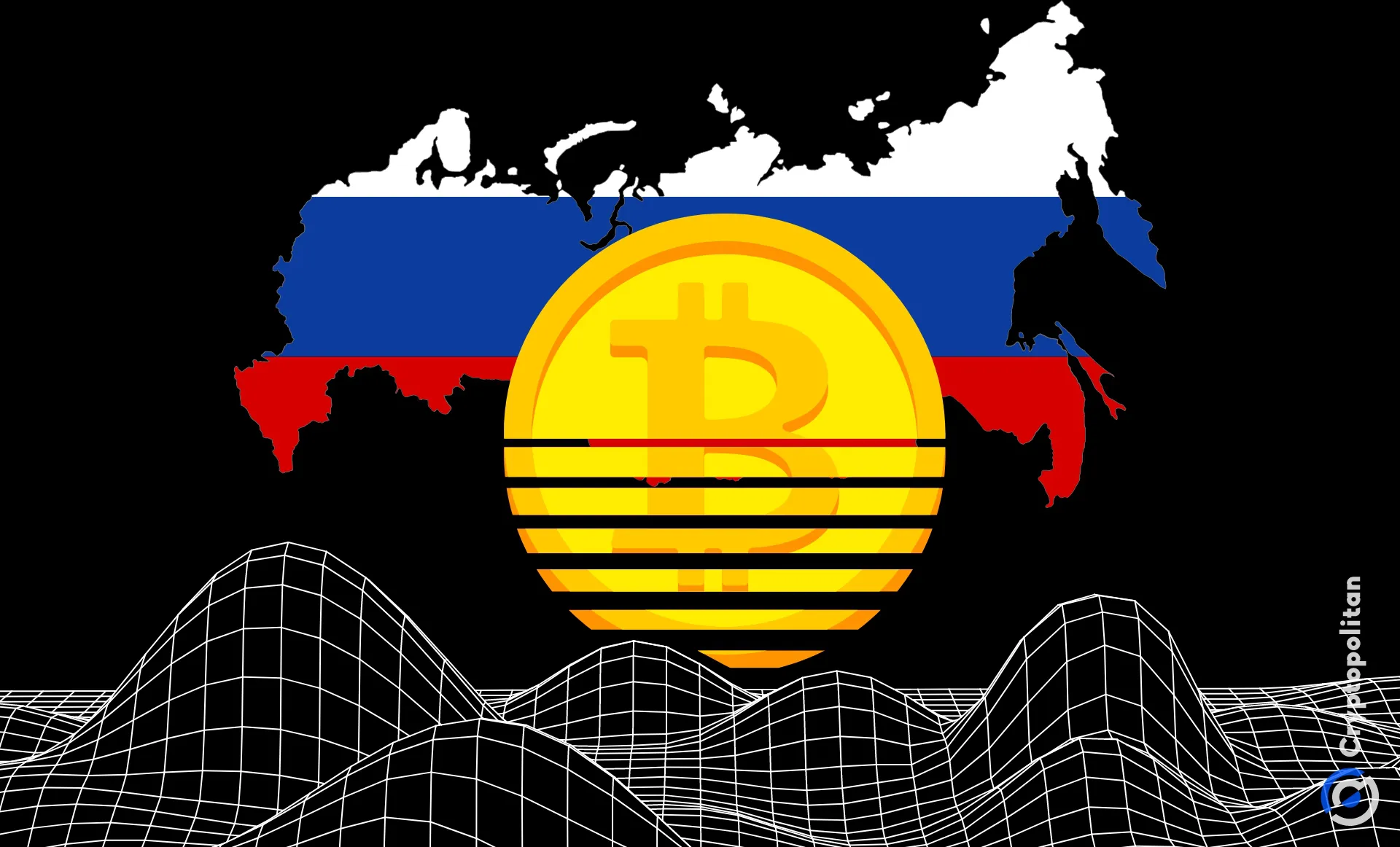Russia is turning to crypto to dodge the economic punches thrown by Western sanctions. The new law, signed by President Vlad Putin in late July, opens the door for cross-border payments using crypto.
But don’t get too excited—this isn’t about buying coffee with Bitcoin in Moscow. The law keeps the ban on using cryptocurrencies for regular payments within the country. It’s only about international transactions.
And no one knows how this is supposed to work. The law is quite vague, leaving the Russian central bank to figure out the details under what they call an “experimental” setup.
Russia’s high-stakes bet on crypto
Since Russia’s invasion of Ukraine in February 2022, the country has been hit with 16,500 sanctions from big players like the US, UK, the European Union, Australia, Canada, and Japan.
Russia’s looking for a way out, and crypto seems like the next move on the chessboard. But analysts aren’t so sure it’s going to play out the way Moscow hopes.
About half of Russia’s foreign currency reserves—around 300 billion euros—are frozen. That’s a cool $332 billion locked up, not doing them any good. Plus, 70% of the Russian banking system’s assets are also off-limits.
And to make matters worse, key Russian banks have been cut off from SWIFT, the international messaging system used for cross-border transactions. This makes it tough to do business in US dollars or euros.
“The passing of these bills by the Russian government signals a continuation of Russia’s evolving strategy to circumvent Western sanctions,” said Valerie Kennedy, director of investigations at blockchain analytics firm Chainalysis.
But this strategy is like threading a needle while wearing boxing gloves. Russia’s central bank is trying to avoid secondary sanctions—these are penalties that hit any third party that tries to trade with Russia despite the sanctions. Kennedy added that:
“It’s been difficult for Russia to avoid the U.S. dollar and euro via the SWIFT system, which has created increasing risk of secondary sanctions.”
The Russian government has a history of playing fast and loose with the rules, and this law is no different. It allows for a lot of flexibility, meaning they can change the rules whenever they want.
“I’ve been practicing Russian law for over 18 years. I cannot remember the word ‘experimental’ in a draft law,” said Svetlana London, managing partner at CIS London. “It’s quite difficult to decipher, just based on the label, how exactly it will work.”
Russia is having a hard time with its usual money routes too. Imports from China dropped by over 1% from January to July. The reason? Payment issues.
The country is counting on its buddies in BRICS—Brazil, India, and China—to play along. But as of press time, none of these countries have fully jumped on board. Without their backing, Russia’s crypto strategy is shaky at best.
Major trading partners are important for this plan to work, and without them, crypto isn’t going to replace traditional payment systems anytime soon.





